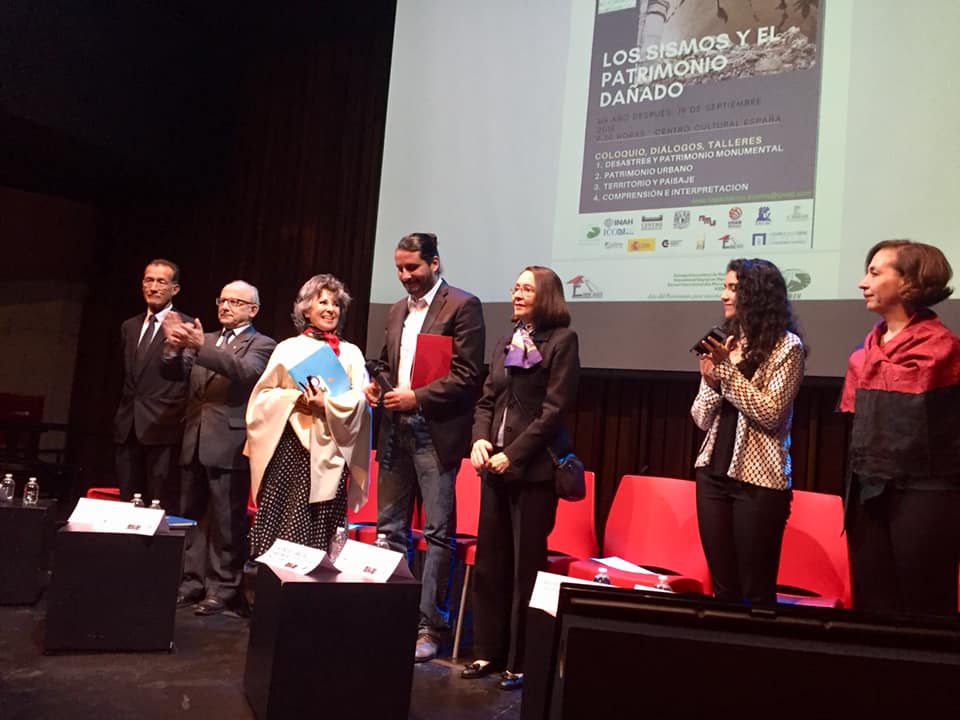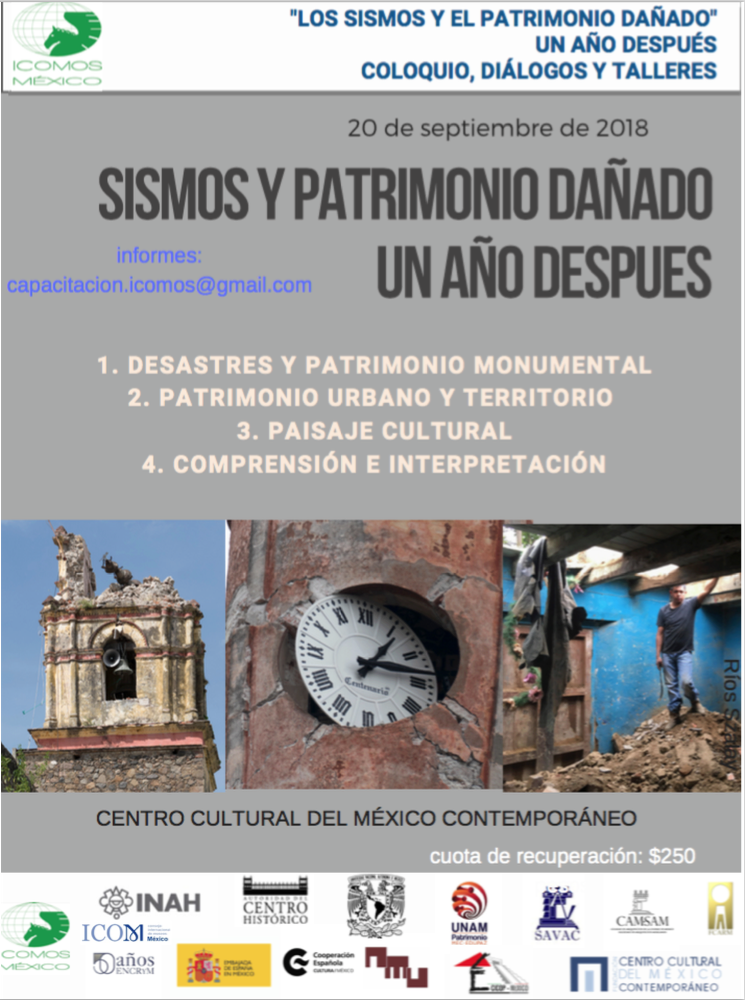Crossing Boundaries: Linking Intangible Heritage, Cultural Landscapes, and Identity
After the establishment of nation states, the process of decolonisation and the formation of supranational unions after the Second World War, the concept of intangible heritage became the response to the heavy focus of heritage discourse of protecting monuments and sites. In 1992, UNESCO recognised “Cultural Landscapes” as the combined work of nature and man, establishing the important role of people in shaping the land. Cultural communities started to be integrated to the process of heritage making, which includes their associated traditional customs and spiritual beliefs. At the end of the 20th century, the Convention for the Safeguarding of Intangible Cultural Heritage was adopted in 2003, which was aimed at promoting cultural diversity and protecting traditional practices, belief systems, knowledge & skills of communities, amidst the formation of homogenous global societies. This paper looks into the intangible heritage of some cultural landscapes inscribed in the UNESCO World Heritage List, showing the deep-seated connection between people’s identities and traditions that are found in heritage sites. It identifies cultural identity as a central concept to the discourse of heritage, both in its tangible and intangible forms. It points out to the need for a holistic view that practitioners and researchers now require to document cultural practices and protect heritage sites, which goes beyond the confines of traditional academic disciplines. Comprehensively mapping the cultural significance of different heritage typologies can provide a deeper understanding of the formation of identities of cultural communities.



